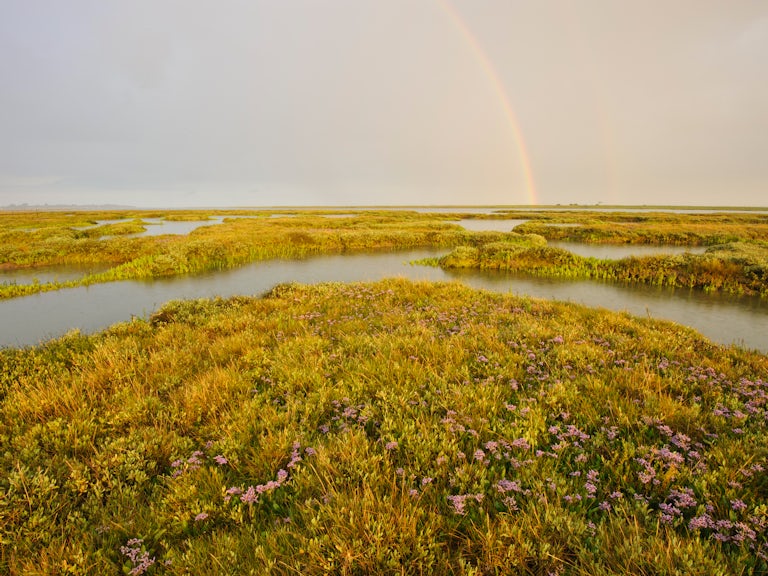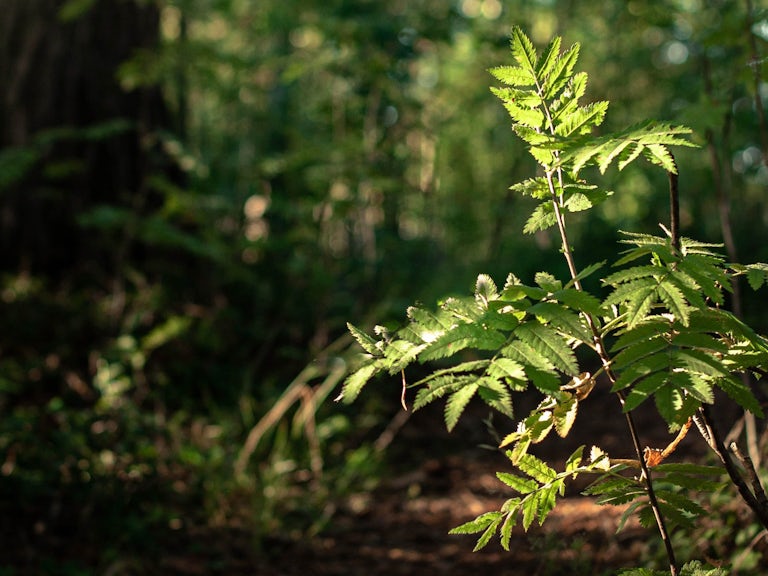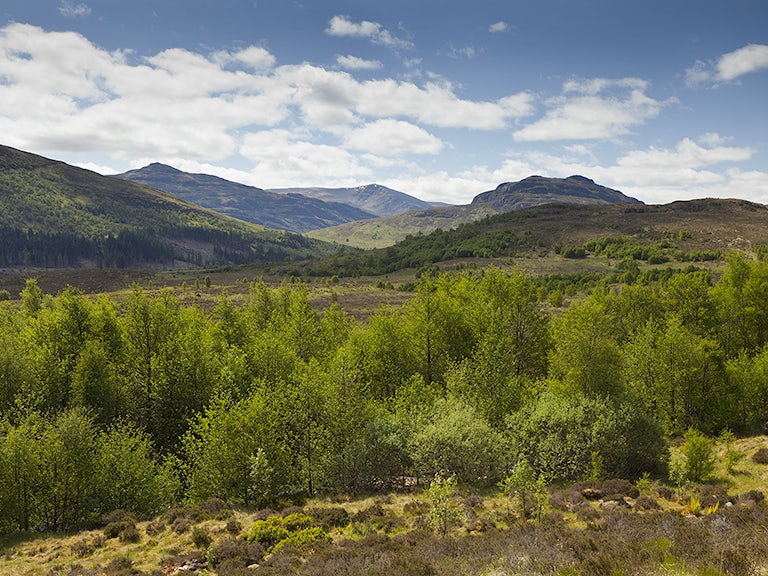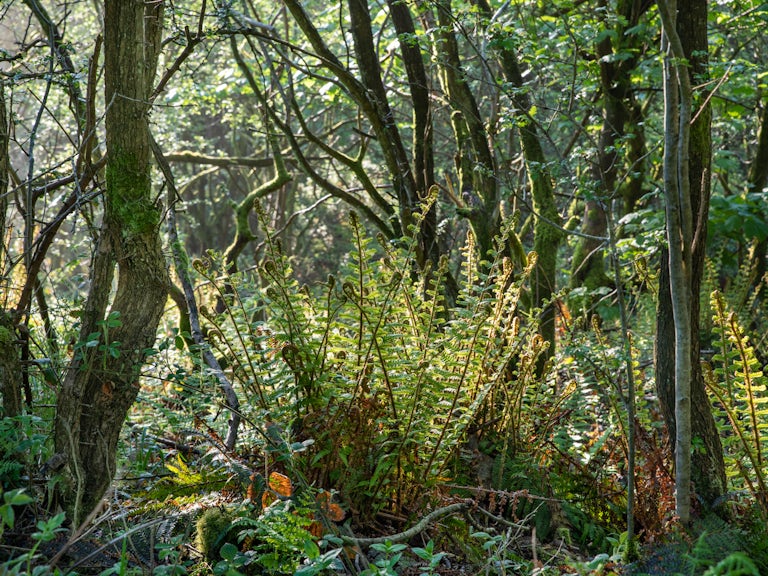Our Response: Proposed Investment Zones
Nature in England’s national parks and most environmentally protected areas are at risk of an unprecedented free-for-all of development in proposed ‘investment zones’.

Nature in England’s national parks and most environmentally protected areas are at risk of an unprecedented free-for-all of development being unleashed by the UK Government’s hastily proposed ‘investment zones’, says Rewilding Britain.
In England, these investment zones may impact seven national parks and 29 areas of outstanding natural beauty – together accounting for two million hectares of our most special landscapes.
Rebecca Wrigley, CEO, Rewilding Britain said:
“Growth at any cost will leave us all poorer. Our economy, food security and health depend on healthy nature. We must not allow our protected areas to fall prey to these investment zones.
“We need wilder national parks to lead the way in restoring nature across 30% of Britain by 2030. But the Truss Government is rowing backwards – shredding environmental protections it sees as an obstacle to profit, even though a thriving economy requires a thriving natural world.
“The pace and scale of the government’s plans, and the lack of transparency and consultation, are shocking – and in stark contrast to the years of painstaking effort usually required to ensure government support for nature recovery initiatives. It’s also electorally bizarre given overwhelming public support for nature recovery and climate action.”
About the zones
The controversial plans to create at least 38 investment zones – which some are already calling ‘destruction zones’ – could see wildlife and habitats destroyed. Planning protections are being torn up to ‘release land’ for housing and commercial developments, new roads and fracking. There are widespread fears that precious and much-loved habitats such as peat bogs and native woodlands, and nature reserves, could be bulldozed and concreted over. So-called ‘undeveloped and under-developed areas’ appear to be especially in the firing line.
The zones were announced on 23 September 2022, and are being organised by the Department for Levelling Up, Housing and Communities. The zones may be encouraged through tax incentives and ‘liberalisation’ of planning laws, to generate growth and unlock housing. There has been mixed messaging and a lack of clarity from the government about how the zones will impact the UK’s most protected areas, including national parks – but the zones could be allowed in them, according to government documents.
Local authorities seem able to apply for the zones in national parks, areas of outstanding natural beauty, sites of special scientific interest, and green belt land ahead of a 14 October deadline. The zones are currently only applicable to England, but the UK Government plans to work with the devolved administrations to introduce the schemes across the UK.
Investment zones: what we know
There are plans to create at least 38 investment zones that may impact seven national parks and 29 areas of outstanding natural beauty – together accounting for two million hectares of our most special landscapes.
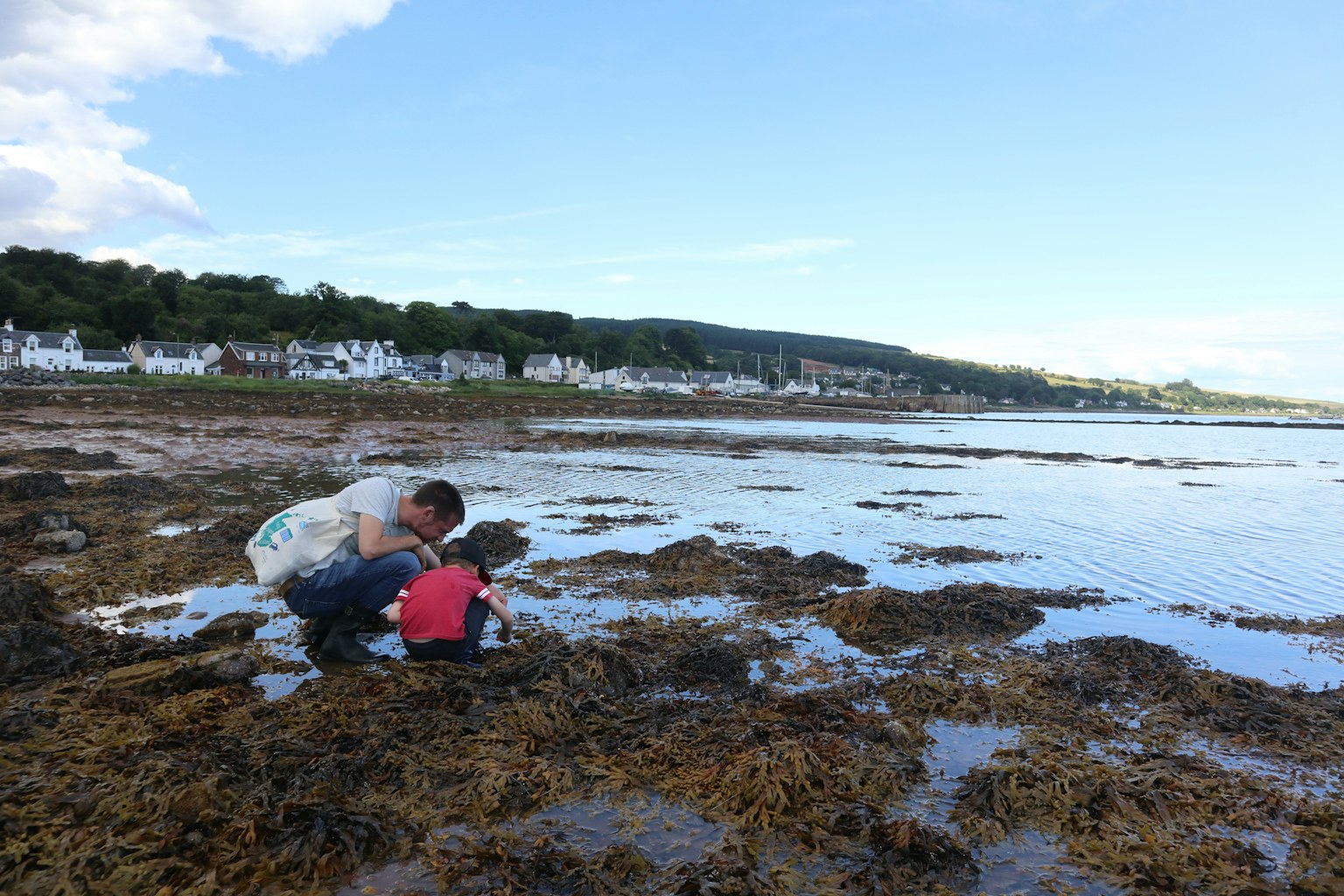
Investing in people and nature
The UK is one of the most nature-depleted countries in the world, with more than 40% of its remaining wildlife in decline and many species crashing towards extinction. This has negative impacts on people’s health and wellbeing, and means missed economic opportunities.
Yet the country now faces the biggest attack on nature in living memory. The controversial investment zones are just one of a raft of measures proposed by the Truss Government in what appears to be a reckless pursuit of unsustainable growth and ideological deregulation.
Another, more positive way is possible. Rewilding Britain wants the UK Government to seize the opportunity to create prosperity today without compromising the prosperity of future generations.
Our report, ‘Rewilding and the rural economy’, demonstrates how investing in rewilding and nature’s restoration can help to invigorate a much needed economic transformation of rural and coastal communities. In doing so, we can put nature at the heart of a green economic recovery.
We propose that instead of unregulated investment zones, the government urgently invests in the establishment of nature-based economic areas across at least 30% of Britain by 2030. These should focus on enhancing nature’s recovery whilst sustaining prosperous communities.
This will help to build a thriving ecosystem of employment linked to the restoration and rewilding of nature. For example, rewilding has already led to a 65% increase in jobs across 50 major rewilding projects that are members of Rewilding Britain’s rapidly expanding Rewilding Network .
Within these areas, we would like to see a wave of nature-based business innovation unleashed – for example, through the creation of ‘nature-based enterprise zones’ and locally-driven public and private investment vehicles across our national parks.
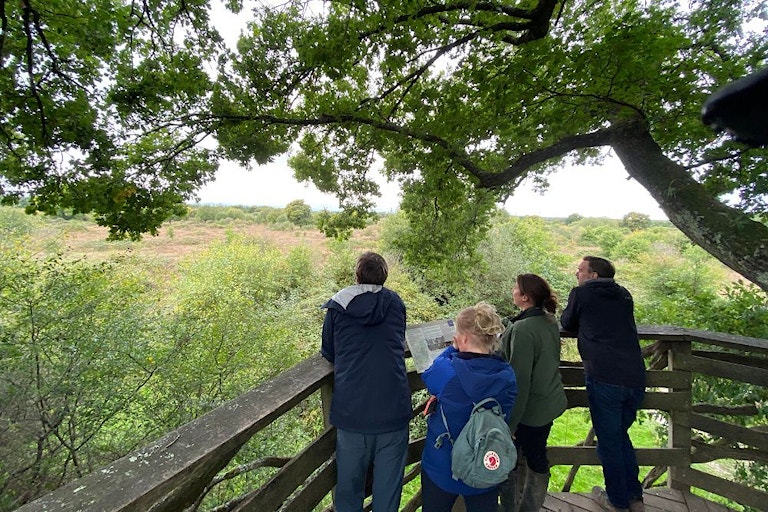
Attack on nature and broken promises
The government also appears set to wreck the widely praised Environmental Land Management scheme (ELM), a historically important farm subsidy scheme to restore nature and absorb carbon to help England reach its net zero target. An environmental silver lining of Brexit, ELM has involved years of investment from farmers, environmentalists, Defra and many others.
Some 570 environmental laws are also to be binned. The new Retained EU Laws Bill could see the end of basic protections known as the Habitat Regulations – laws that protect some of England’s most vulnerable wildlife and habitats.
This attack on nature flies in the face of the UK’s Government’s promises, own legislation and Tory Party manifesto commitments.
The UK Government has pledged to protect 30% of nature by 2030. Its 25-year Environment Plan sets out an ambition for a growing and resilient network of land, water and sea that is richer in plants and wildlife. Ministers have committed to restoring 75% of 1m hectares of protected sites to a favourable condition, securing their wildlife value for the long term.
The Government’s response to the review of the recent landscape recovery scheme promised to “leave our protected landscapes in a better condition for future generations”.
In December, the Prime Minister will have the opportunity to show global leadership by pushing for a global deal to halt and reverse nature loss at the UN summit on biodiversity, the Convention on Biological Diversity (COP15).
The attack on nature by the Truss Government could render all of these promises and commitments meaningless, and sabotage its ability to deliver on its international responsibilities.
What we’re asking for
A major shift in approach, in which the UK Government commits to working with nature rather than against it, is urgently needed.
Rewilding Britain is calling on the UK Government to commit to:
Make a bolder financial and political commitment to investing in nature’s recovery in support of the government’s nature and climate commitments.
Ensure nature is fully protected and indeed flourishes in the proposed investment zones.
Fully uphold and enforce current environmental protections set out in law within the investment zones – in line with the government’s own Environment Plan.
Ensure wilder national parks that can benefit the nation by flourishing as trailblazing nature enterprise zones, which show how nature and people can thrive together.
Rewilding Britain is urging local authorities to:
Stand up for nature by resisting investment zones within national parks and protected areas until the UK Government has clearly guaranteed that nature will be protected and restored in these areas.
Unleash a wave of investment in nature-based business innovation in support of the 30% for nature by 2030 pledge and declarations of climate and ecological emergencies.
Create innovative ‘nature-based enterprise zones’ – particularly in and around our national parks and areas of outstanding natural beauty – with associated packages of support for nature-based businesses aligned to locally determined land and marine use plans.
We are urging people to contact their MP, to stop the Truss Government rushing through its attack on nature without proper parliamentary and public scrutiny.
